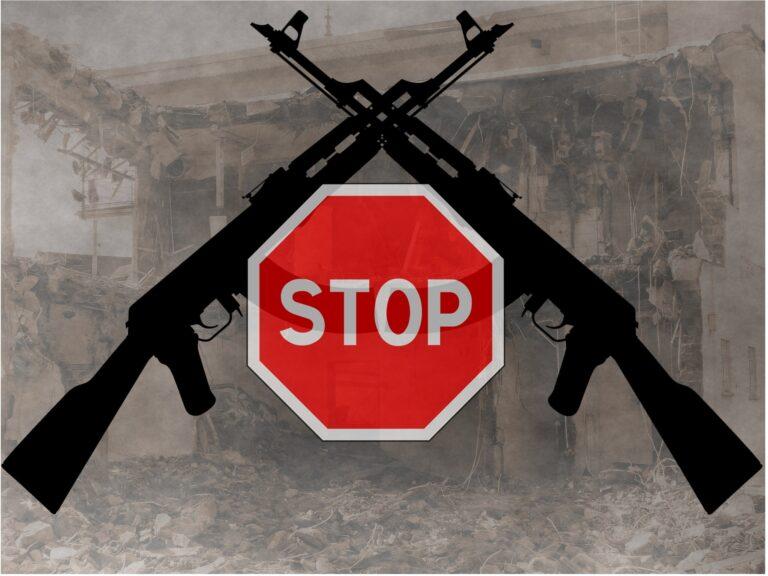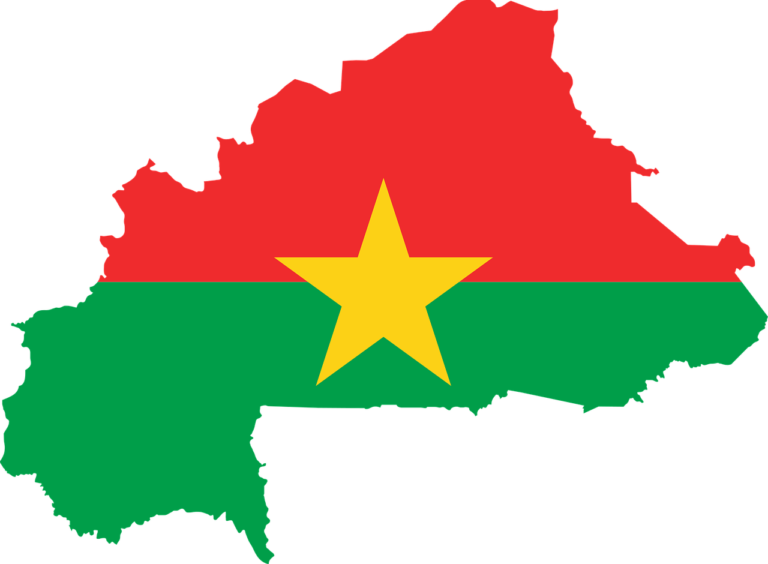From excessive challenges to potential hope: Presidential elections and a search for the voice of the youth in Ghana

On December 7, 2024, Ghana voted in John Dramani Mahama, the candidate of the opposition party, as president. There are two main parties in the country: the New Patriotic Party (NPP) and the National Democratic Congress (NDC). Other political parties exist but they have no weight or influence. The 276 members of Parliament also voted during the same period.
This election presents a situation that slightly resembles the USA scenario. The president elect, a “returnee”, had been vice president between 2009 and 2012 and was elected president in 2012 when the then president, John Atta Mills, passed away in July of that year. Mahama lost the election in 2016 after only one term and has since been in the camp of the opposition. The reasons behind Mahama’s defeat were many and here are some few points. The economy was on its knees, corruption and favouritism had reached an alarming height, and the governance of the president was poor. He frequently made the following assertions, “I do not listen to what the people say, I am insensitive to the discontent of the people since I have the dead goat syndrome (it is commonly said in Africa that a dead goat does not fear the knife, since it cannot be slaughtered or would not feel any pain if they tried to slaughter it). This and many factors led the Ghanaians to vote him out of power and accept the NPP that was voted out weeks ago. The coincidence is that the candidate who was defeated by Nana Akufo Addo is the same candidate who has now won over Akufo Addo.
A cursory look at the reasons behind the loss of NPP, according to many analysts, could be summed up as a concentration of problems more acute than the challenges that the Ghanaian masses were facing when the NDC was in power, during Mahama’s first term, 2012-2016. The first term of the party was not so bad, as one hears once in a while, but the second term, 2020-2024, represented years of acute suffering. Almost all the malaises that citizens in developing countries face landed in the country and the discontent was overwhelming. Partisan politics, tribalism, favouritism, corruption and much more were the main attributes or qualifiers of the party in power. It therefore did not come as a surprise when the NPP lost the elections last December.
Some dynamics characterize the December 2024 elections. The opposition party won “massively”, without any run off needed, 56.55 per cent against 41.61 per cent for Mahamudu Bawumia, the NPP candidate and vice president in the outgoing government, and the voter turnout was, allegedly, unimpressive (60.9%), according to the Electoral Commission (EC). Many explain that by the fact that people are tired of voting for one of the two main parties, since there is no significant difference in their governance or policies. There was voter apathy.
The reality is that the NDC is back in power. The president is to be sworn in on January 7, 2025 and the NPP is now in opposition. The argument that some careful observers raise is that NDC was in power just few years ago, and the then president is to be sworn in on January 7. His presidency, according to them, did not advance the country in any way then, therefore, nothing new should be expected. He and his government will simply display what they served up to the Ghanaians eight years ago. Supporters of the incoming government of John Dramani Mahama retort, “the new president has learned his lessons, he will not repeat the mistakes he made during his previous tenure”.
The new government is almost constituted, the vice president is Jane Nana Opoku-Agyemang, a university professor and former minister for education. Speculations circulate about the ministers and those who will occupy important positions like the national chief of police, etc. My observation is that, like many African countries, Ghana is experiencing a “leadership crisis”. The same candidates keep dominating the political scene, they go into opposition and come back to power, and no new faces emerge. It would have been good to see newcomers in the political arena, with views, manifestos or governance styles that are really new. What explains that “recycling” of candidates who move between opposition and presidency?
In search of the voice of the youth
It is not a secret that one of the assets or powers of Africa today is her large, young population; 60 per cent of the population is below 25 making the continent the one with the youngest population, globally. Why are we not hearing the voice of that majority in Ghana? The youth are preoccupied with one main thing: completing their education, for those who have the opportunity to embark on that path, find a job or travel outside the country in search of greener pastures, as they say. The Ghanaian scenario is completely different from other African countries, especially the Sahel where the youth have made their presence and ideas felt, resulting in a totally new direction in national politics. The Ghanaian youth have bought into the usual and general attitude that Ghana is a peaceful nation. Governments that are not performing well will be ousted by way of elections. That has led to a situation where extremely difficult living conditions and other ills are accommodated, until it is time for elections.
One wonders if there is a complete absence of political consciousness among the Ghanaian youth. It is rare to hear observations, suggestions or radical political decisions coming from them. Nothing explains that situation because the power of social media is what many analysts rely on to appreciate the position of the youth in many countries and social media is also relied upon by the Ghanaian youth. But, how can they remain insensitive to some of the critical and urgent facts disclosed by reliable sources on social media, when the same information motivate the youth in most other African countries to rise up and demand a bold recalibration of national policy/politics? It might be a little bit complicated to use the attitude of the populations in general and the youth in particular in certain Sahelian countries where historic and praiseworthy changes occurred and are still ongoing since the social conditions or underlying factors are not the same.
What many observers consider as a phenomenon worth pondering is the non-existence of the voice of the Ghanaian youth in the sociocultural and political paths that the country embraces. Student politics is present on university campuses, through organizations that pose as defenders of the interests of students, but no political and ideological training or education is present. National politics, unfortunately, always creeps into campus life and stifles the political open-mindedness, aptitude, and concern or preoccupation of students. As a result, the vast majority of students have no interest in national politics and the few who decide to take a stance are manipulated by political parties. The position of the youth is certainly affecting Ghanaian politics, and one wonders how long that special and strange situation will last.
In the meantime, people are waiting to see what the incoming government has in store for Ghanaians.
Moussa Traoré is Professor at the Department of English of the University of Cape Coast, Ghana.






